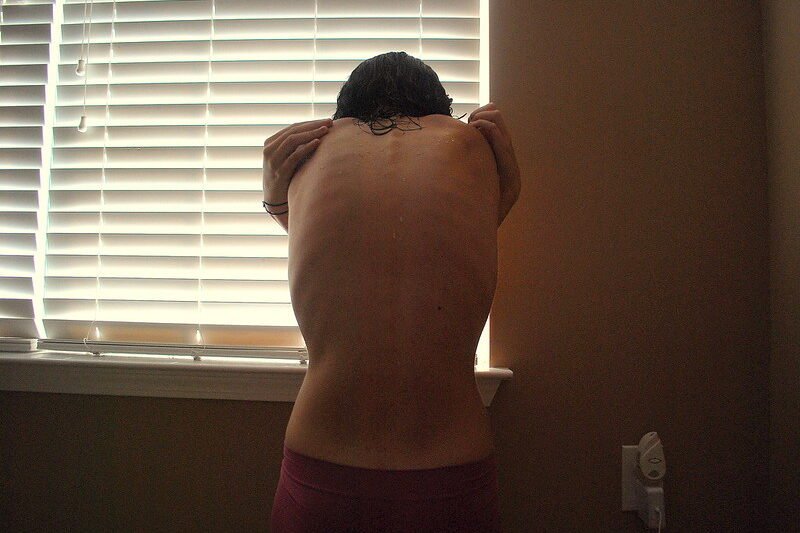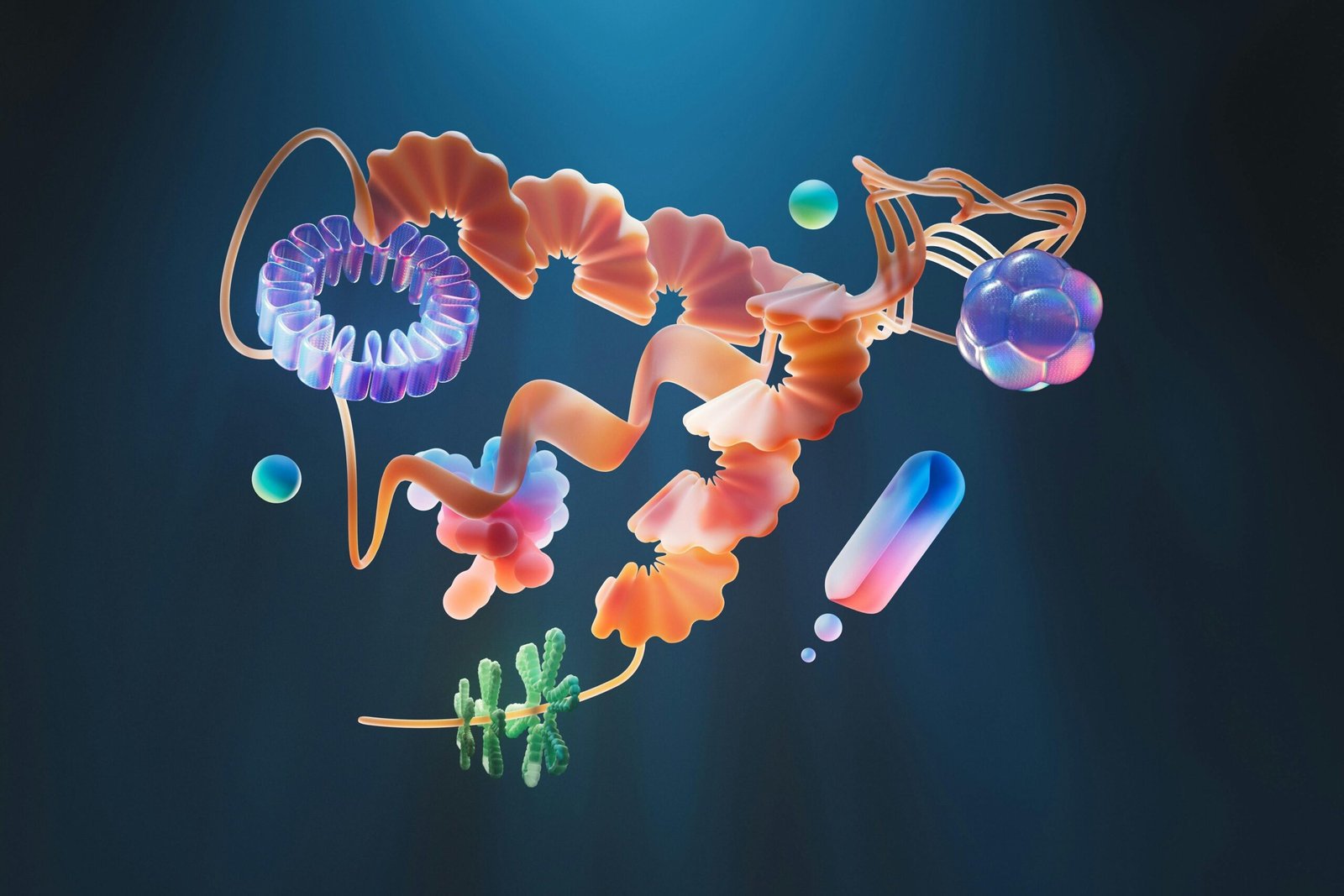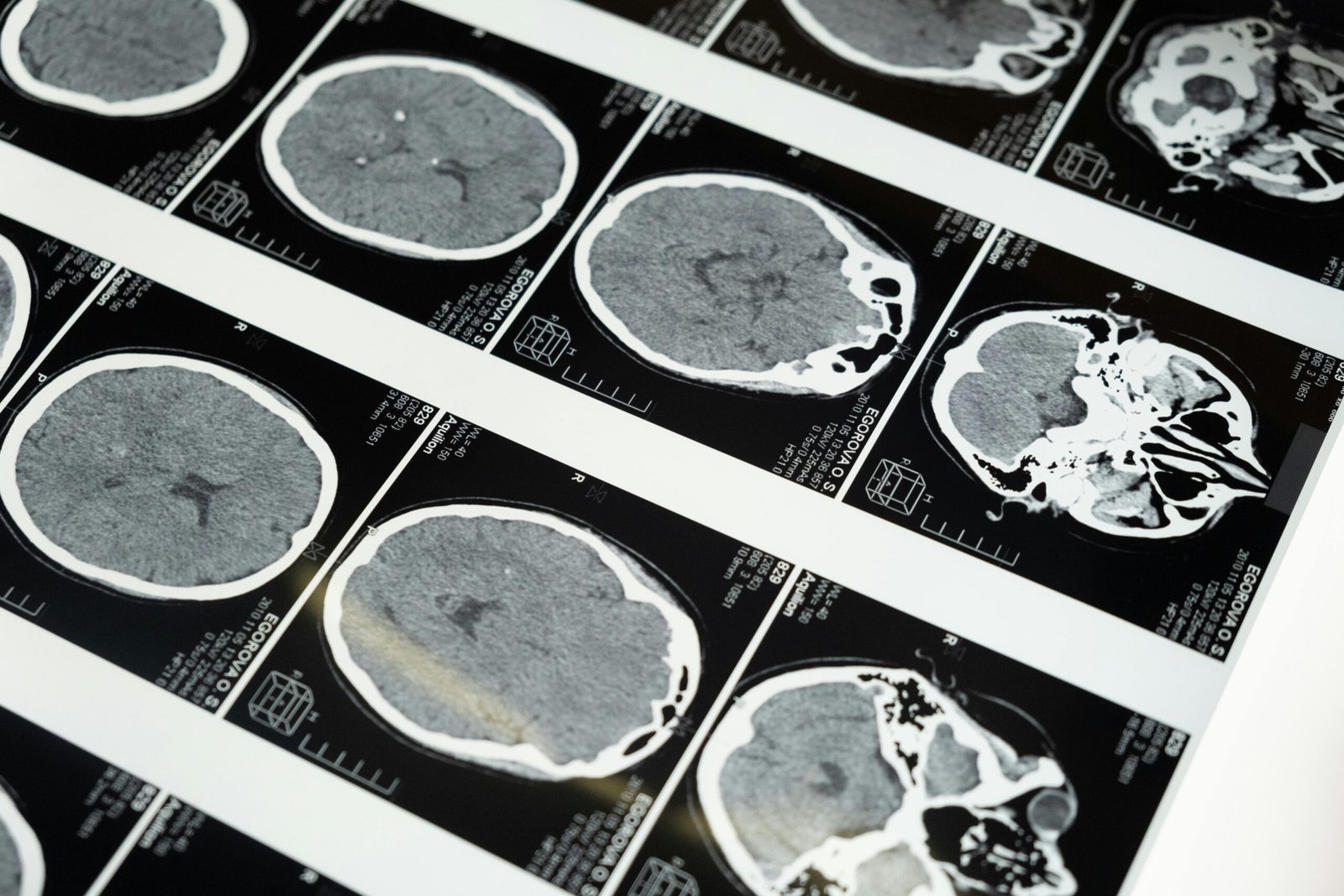Your Bones Quietly Melt Away—Literally

Ever dreamed of effortlessly floating through space, weightless and carefree? Sounds amazing, right? Unfortunately, your bones strongly disagree. After a year in zero gravity, astronauts revealed something truly shocking: their bones actually begin to dissolve, quietly disappearing at an alarming rate. Without gravity constantly nudging your bones to stay strong, your skeleton decides it can take a break and slowly loses mass. Imagine your bones shrinking steadily, becoming fragile and delicate, like a set of antique porcelain teacups.
This isn’t just mildly concerning; it’s a serious threat to astronauts’ long-term health. Some crew members returning from extended stays aboard the ISS find themselves struggling to walk, their once-solid bones now distressingly brittle. Doctors describe the phenomenon as rapid osteoporosis, but astronauts jokingly call it their skeleton’s “year-long vacation.” NASA combats this bizarre issue with rigorous daily exercise, specialized diets, and medication, desperately trying to convince bones they still have a job to do. Still excited about living in space? Just wait till you hear what zero gravity does to your face.
Your Face Turns Puffy and Weirdly Round
Ever wonder why astronauts always look slightly surprised or strangely youthful in space selfies? It’s not excitement—it’s fluid shift. Without gravity constantly pulling fluids toward your feet, blood and water float upward, accumulating in your head. The result? Your face swells noticeably, puffing out like a marshmallow in a microwave. Astronauts jokingly refer to this as “moon-face,” though it feels more like an uncomfortable allergic reaction.
Your sinuses also become permanently congested, like having a mild head cold for an entire year. Crew members describe feeling stuffy and dull-headed as fluid stubbornly refuses to drain downward. Ironically, this fluid shift makes astronauts appear healthier, younger, even oddly glowing, despite feeling perpetually uncomfortable. After landing back on Earth, astronauts feel immediate relief as gravity finally pulls fluids back down, restoring their familiar faces. However, looking in a mirror after returning to Earth can feel surreal—like seeing yourself after recovering from a strange, year-long allergic reaction. But if you think “moon-face” sounds weird, wait till you discover what space does to your vision.
Your Vision Changes—and Glasses Might Become Permanent
If you have perfect vision, spending a year in space might quietly rob you of that luxury. Astronauts returning from extended missions often report significant vision changes—sometimes permanent. The reason? Increased pressure inside the skull squishes and reshapes astronauts’ eyeballs, subtly distorting vision. Imagine gently squeezing a grape until it loses its perfect roundness—that’s basically what’s happening to your eyes in zero gravity.
This subtle deformation can leave astronauts struggling with blurry vision, difficulty focusing, and headaches. Even scarier, the effects sometimes linger long after returning home. Glasses might become your new permanent fashion accessory, whether you want them or not. NASA’s experts call it Spaceflight-Associated Neuro-ocular Syndrome (SANS), a complicated name for “space literally reshapes your eyeballs.” Astronauts joke they traded perfect vision for breathtaking views of Earth, but privately admit how unsettling it is to lose something so fundamental. Ready for more strange body transformations? Wait till you hear about space’s disturbing effect on your muscles.
Your Muscles Waste Away—No Matter How Hard You Work Out
Imagine training intensely every single day for a year—and still losing muscle mass. Welcome to life aboard the ISS. Without gravity’s constant resistance, muscles quickly lose strength, tone, and mass, shrinking alarmingly fast. Even with strict daily exercise routines—including treadmill sessions, resistance training, and stationary biking—astronauts return weaker and noticeably thinner. Your body stubbornly refuses to maintain muscles it thinks are useless, quietly dissolving them like an unwanted ice cube melting away.
This rapid muscle loss leaves astronauts surprisingly fragile upon returning to Earth. Even simple tasks like standing, walking, or lifting become exhausting challenges. It feels frustratingly unfair—like diligently studying for an exam only to fail spectacularly. Recovery takes months of painful, intensive rehabilitation, retraining weakened muscles to function normally again. Astronauts humorously describe this struggle as “paying gravity’s taxes” upon returning home. So, before dreaming of effortlessly floating through space, remember your body might quietly rebel, leaving you weaker than you ever imagined. But muscle loss isn’t the only unpleasant side effect of space—wait till you learn about space’s unexpected effect on your immune system.
Your Immune System Quietly Takes a Vacation
Ever feel miserable catching a cold while traveling? Now imagine your immune system basically going offline during a year in space. Astronauts have revealed that extended time in orbit significantly weakens immunity, leaving their bodies vulnerable. Your immune cells simply don’t function properly in zero gravity, like exhausted employees quietly going on strike. Astronauts become more prone to infections, rashes, and weird allergic reactions, their bodies struggling to protect them.
Scientists aren’t entirely sure why immunity weakens so dramatically, but suspect stress, radiation, and microgravity team up to sabotage your immune response. Upon returning to Earth, astronauts often battle lingering infections and mysterious illnesses as their bodies slowly reboot. NASA takes these issues seriously, closely monitoring astronauts’ health before, during, and after missions. Still, crew members joke about their immune systems enjoying “a year-long sabbatical” while floating in orbit. Curious about more weird space-induced problems? You might reconsider your astronaut dreams when you hear how your taste buds betray you next.
Food Loses Its Flavor—and Eating Becomes a Chore
Remember enjoying your favorite comfort meal, savoring every delicious bite? Well, in space, that joy disappears almost entirely. Astronauts report food losing its taste dramatically during extended stays aboard the ISS. Zero gravity dulls your sense of taste and smell, robbing astronauts of culinary pleasure. Even meals specially designed by NASA’s nutritionists become bland and unappetizing. Eating transforms into a tedious chore, simply refueling rather than enjoyment.
This sensory deprivation drastically impacts astronauts’ morale. Many crew members crave strongly flavored condiments like hot sauce, mustard, or spicy foods to compensate for lost taste. Some even request foods they hated on Earth, desperately seeking intense flavors to awaken their numb taste buds. Returning to Earth often feels miraculous, as familiar flavors explode vividly again, providing surprising emotional comfort. Astronauts joke about craving previously disliked foods during their missions—only to rediscover how much they truly hated them after landing. Ready to hear about something even stranger? Brace yourself—space messes with your DNA.
Space Quietly Alters Your DNA—Possibly Forever

Imagine returning from space and discovering you’re literally not the same person who left. Astronauts recently revealed spending extended time in orbit actually alters DNA expression—potentially permanently. Scientists studying astronaut twins Mark and Scott Kelly discovered significant genetic differences after Scott’s year aboard the ISS. Space radiation and zero gravity triggered unexpected genetic mutations, quietly rewriting DNA like cosmic hackers secretly editing your genetic code.
These subtle genetic changes worry researchers who fear astronauts might develop long-term health issues, including cancer or degenerative diseases. NASA closely monitors crew members, hoping these genetic shifts reverse naturally after returning to Earth. Still, astronauts privately wonder how permanently space changed them—and what that means for humanity’s future in orbit. It’s unsettling knowing space quietly reshaped your body at the deepest genetic level. Curious (or nervous) about what else space quietly alters? Wait until you discover how your heart behaves in zero gravity.
Your Heart Changes Shape—and Not in a Romantic Way
We’ve all joked about our hearts being stretched thin during stressful times, but astronauts discovered space does exactly that—quite literally. Without Earth’s gravity pulling blood downward, your heart doesn’t need to pump as vigorously, becoming slightly lazy and relaxed in zero gravity. Astronauts returning from year-long missions often reveal that their hearts become noticeably rounder, reshaped by months of microgravity conditions. Imagine your heart going from a powerful, muscular engine to a softer, less efficient version of itself, like a balloon gently losing its shape after a party.
This unexpected change isn’t just cosmetic; it seriously affects astronauts’ cardiovascular fitness. After returning to Earth, many crew members find simple tasks like climbing stairs exhausting, as their now-rounded hearts struggle to readjust. NASA carefully monitors astronauts’ heart health with ultrasound scans and rigorous exercise programs to minimize long-term damage. Still, crew members joke that space travel literally reshapes their hearts—but sadly, not in a romantic way. Even months after landing, astronauts feel lingering fatigue, a subtle reminder that space quietly altered something fundamental inside them. Curious about one final unsettling discovery astronauts made? Wait until you hear what a year in space does to your brain.
Your Brain Might Actually Shrink in Orbit

Ever walk into a room and forget why you went there? Now imagine spending a year in space and discovering your brain has literally shrunk. Astronauts revealed recent scans showing noticeable reductions in gray matter volume after prolonged space missions. Your brain relies heavily on gravity to help maintain proper structure, and without it, fluids accumulate unevenly, creating unexpected pressure. Picture your brain slightly compressing, losing its optimal shape like a deflating soccer ball, quietly shrinking in ways you can’t feel—but will certainly notice.
This subtle shrinking could affect memory, problem-solving skills, and even emotional stability. Upon returning home, astronauts often experience confusion, forgetfulness, and difficulty concentrating. NASA’s scientists aren’t sure yet if this brain shrinkage reverses entirely once astronauts return to gravity, causing understandable anxiety among space travelers. Astronauts privately joke about leaving a piece of their brain floating above Earth, but behind their smiles lies genuine concern. Ultimately, spending a year in space transforms your body—and mind—in ways we’re still struggling to understand. So next time you gaze at the stars dreaming about space travel, remember: exploring the cosmos might quietly reshape everything you think you know about yourself.
